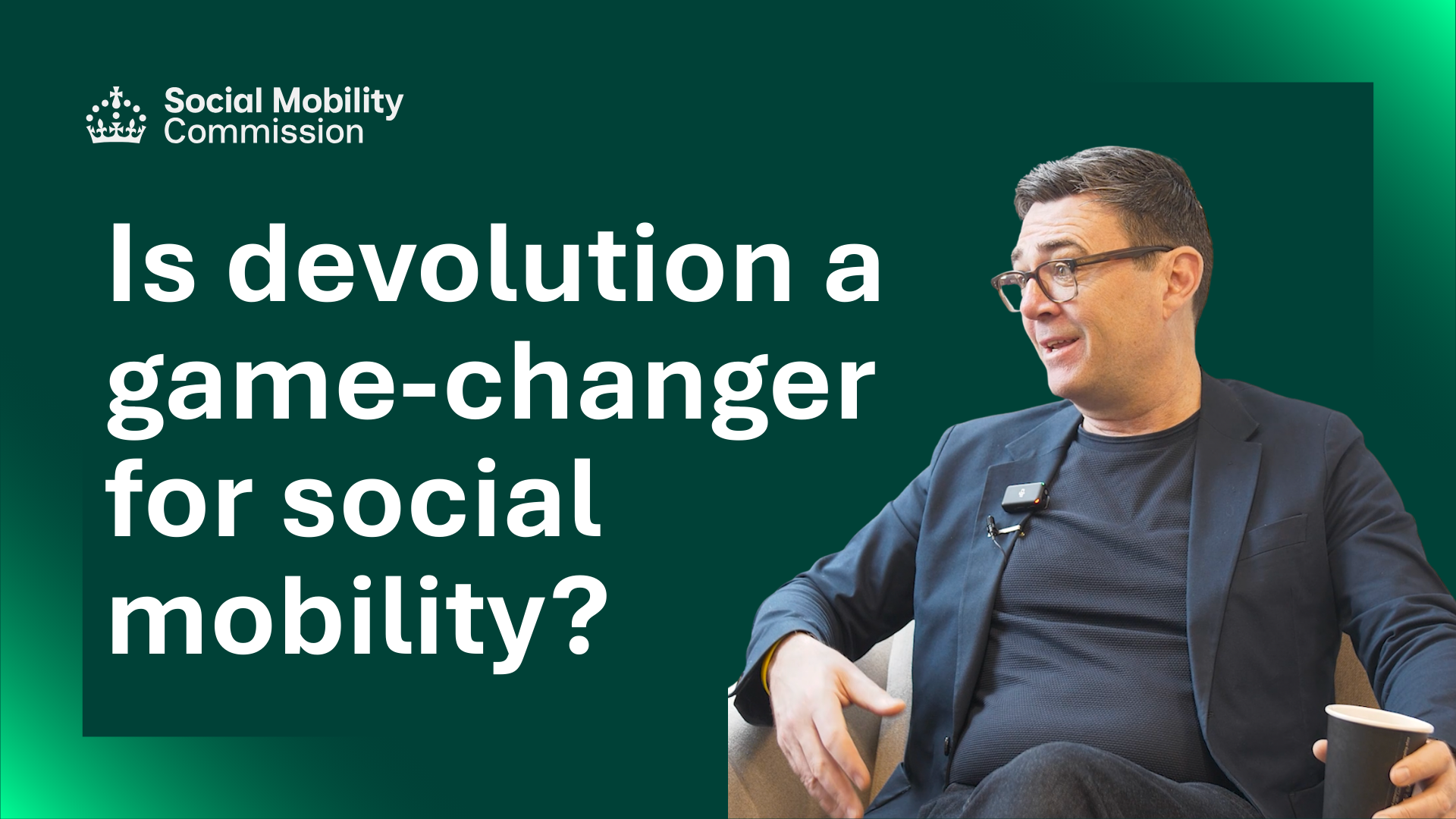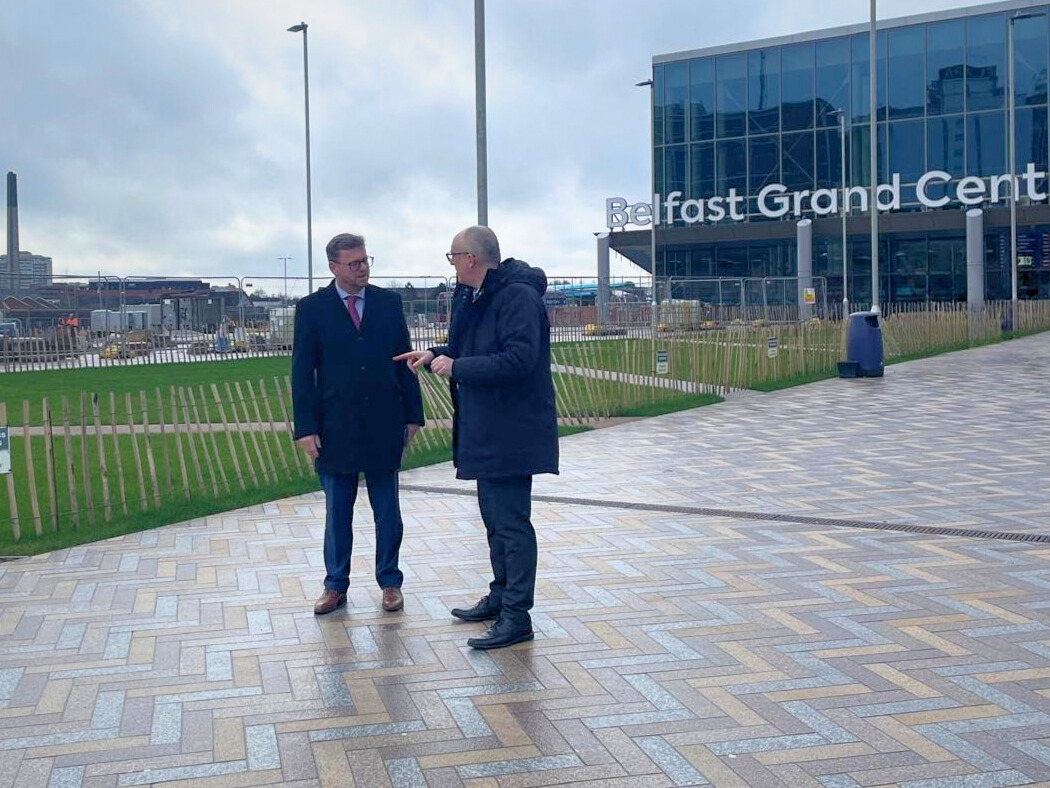Deep dives: a local perspective on social mobility
The Social Mobility Commission has published new research which explores the beliefs, attitudes and perceptions of individuals in the most and least socially mobile areas within a larger region.
It focuses on two areas in the North West: Cheshire East, a local authority ranked as a ‘Favourable’ area for social mobility according to the Social Mobility Commission’s Promising Prospects index, and Rochdale, ranked as ‘Unfavourable’.
The aim was not to compare the most and least socially mobile places in the UK, but instead about finding two contrasting areas within the same region to explore how attitudes towards social mobility, aspiration and success might differ.
Key findings
- Traditional measures of upward social mobility – higher income and career advancement – were consistently ranked by participants in both areas as less important than stability, personal happiness, work–life balance and community connections. While participants viewed social mobility as generally positive, they prioritised feeling safe, secure and content over material advancement. Income and wealth were understood as important ‘utilities’ that underpin a good life rather than as ends in themselves.
- What participants in both groups felt constitutes a ‘successful life’ was said to have changed over recent generations. Success now entails being happy and healthy over material wealth – although all participants recognised that income is an increasingly important determinant of the stability and security required to achieve a good life. Feeling safe, secure and happy were the most common elements of participants’ own definitions of success and having a good life
- One of the key differences between the two places was that participants in Cheshire East considered it possible for people to be successful and stay in the area, whereas successful, upwardly mobile individuals in Rochdale often left “as quickly as possible” in order to find better jobs and careers, as there was a significant ceiling on what could be achieved locally.
- Many people in Rochdale made conscious decisions to stay, despite the challenges and even if moving might have offered better economic opportunities, because of family ties and a sense of belonging to their local community. The decision to remain was framed not as a lack of ambition, but as a conscious trade-off in favour of stability
Read Deep dives: a local perspective on social mobility
Read Rochdale Borough Council’s response to this report
Related content

“Manchesterism”: Building the UK’s Leading Engine of Social Mobility – Andy Burnham joins Alun Francis for new podcast episode
Greater Manchester has become the trailblazer for English devolution, but what can other parts of the country learn from its experience? In the latest episode of Social Mobility Talks, Alun… read more
Topics

Social Mobility Commission vows to deepen understanding of opportunity in Northern Ireland during visit
More localised approaches are essential to driving opportunity and reducing regional inequalities across Northern Ireland, according to the Social Mobility Commission. Robert Wilson, Deputy Chair of the Social Mobility Commission,… read more
Topics

New report reveals that Britons value feeling secure, healthy and connected, over high pay and professional status
The Social Mobility Commission has published our new report which shows that Britons value feeling secure, healthy and connected, over high pay and professional status. The report presents public perceptions… read more